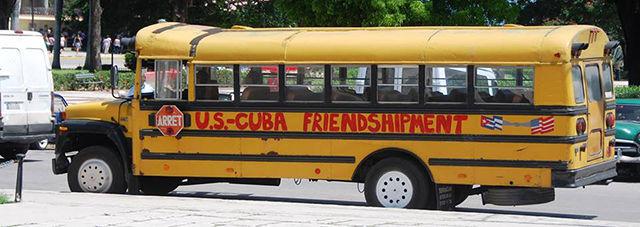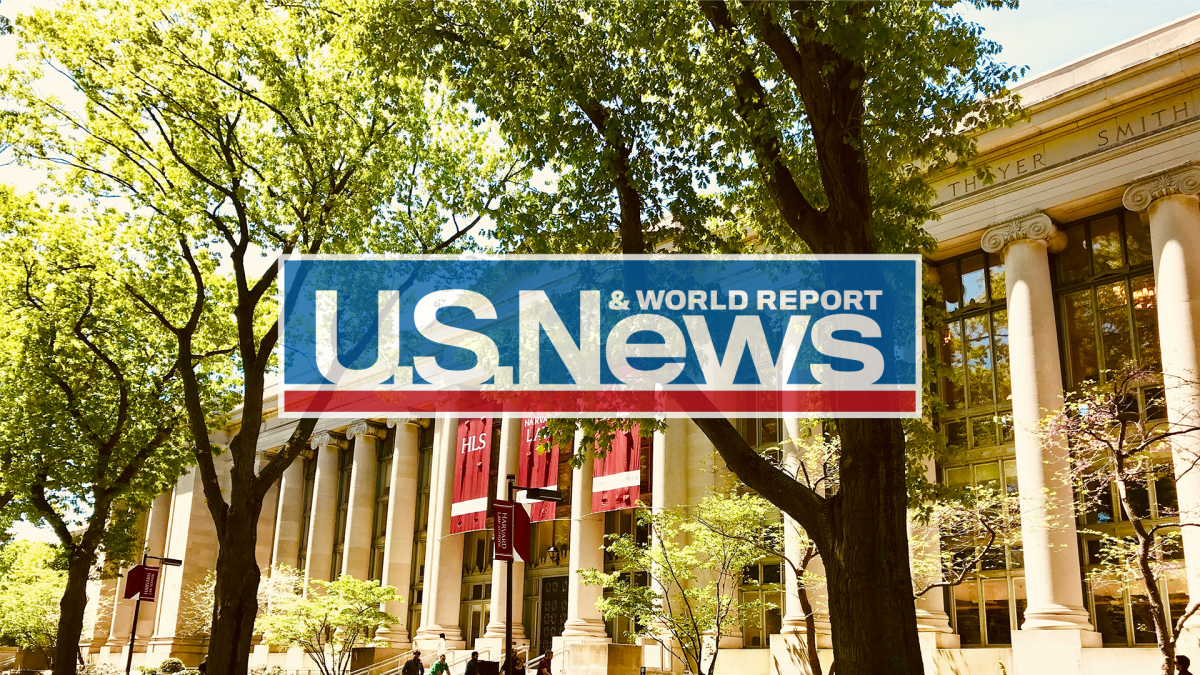“Cultivo una rosa blanca,” President Barack Obama began, citing a famous Cuban poem by Jose Marti. I have a white rose to tend. The line sounded the beginning of an end to years of deadlock between the United States and Cuba.
Fifty-five years ago, in the midst of the Cold War, the U.S. severed all diplomatic ties with Cuba in opposition to Fidel Castro’s authoritarian regime. The conflict, which began with the Cold War and was edged on by the Cuban Missile Crisis, grew, for over half a century, until the two countries cut all communications despite being just 90 miles apart.
This was the state of Cuban relations two years ago, a time when it would have been unthinkable to picture a U.S. president on Cuban soil, and yet, yesterday, for the first time in nearly 90 years, a U.S president stood on Cuban soil and delivered an address. Obama’s address, capping off a three-day visit to Cuba, is incredibly historic and might just be coming at the perfect time.
For far too long, our country has practiced a failed diplomatic policy against Cuba. With Cuba stuck under a terrifying dictator the U.S. hoped to push Castro out of power by implementing strict trade embargos, which Cubans refer to as blockades. Yet, 55 years of trade embargos later, the Castro family is still in charge, the U.S.’s trade embargos proving no threat.
It was only rational then, after a half century of limited successes, that the U.S. attempts a different diplomatic approach to Cuba. Obama’s visit is just this. It normalizes relations with Cuba, allowing the U.S. to finally be able to work with Cuba rather than against it. Through new negotiations and commercial ties with the U.S., the Cuban people can begin to shape their own model for their future.
The new policy buries “the last remnant of the Cold War in the Americas” and allows the Cuban people to “chart (their) own course,” as Obama put it in his speech. This is extremely powerful.
So while the normalized relations are undoubtedly a good thing for our Southern neighbors, the change of policy also comes as a blessing to the U.S. — specifically its image abroad.
At a time when a leading candidate for president from a major political party is calling for a ban on all Muslims in our country, Obama’s actions come in stark contrast to this. Around the world, people see Trump’s comments as an image of a xenophobic, intolerant and isolated country. Such an image ruins America’s appearance abroad.
Ever since our country’s creation, we have prided ourselves on being a diverse country, full of immigrants and diverse perspectives. Yet today, Obama’s action to renew relations with Cuba might be one of the only things protecting this hard-earned and well deserved image.
The new era with Cuba highlights what the NC State Study Abroad program there is already doing, providing positive American influence on the country to create necessary change. It highlights a U.S. that wants to help others, not exile them.
By normalizing relations with Cuba, the American people are proving to the world that we aren’t as xenophobic as Trump’s comments might lead others to believe. The white rose Obama has planted in Cuban soil confirms this.









